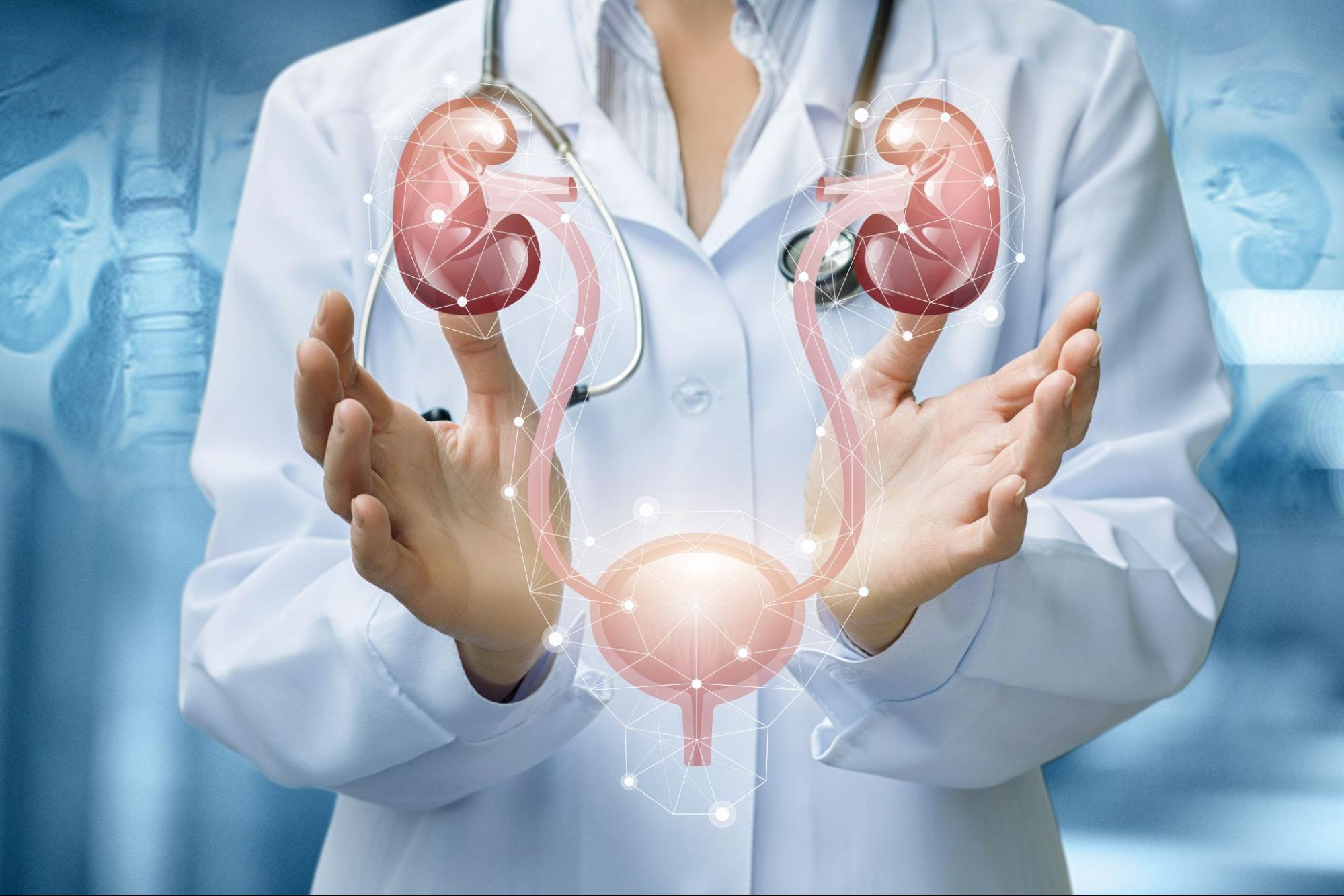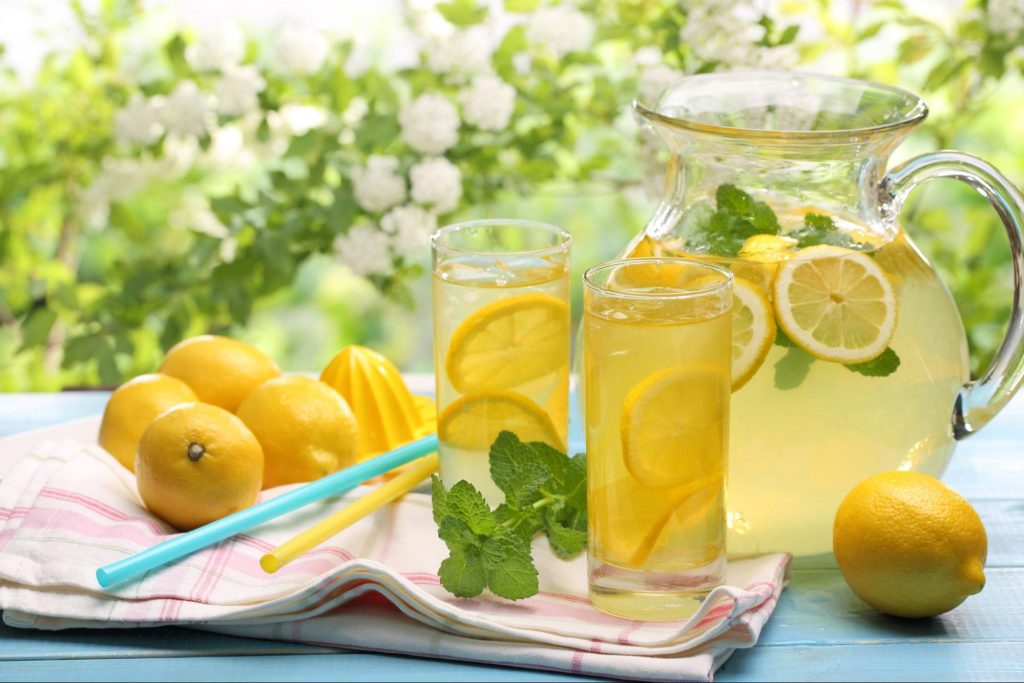Kidney Stones / Urology
Tips for Preventing Calcium Oxalate Kidney Stones: Your Guide to Kidney Stone Prevention

by admin
31st August 2023
7 minutes read
Introduction
Kidney stones are solid mineral and salt deposits that form in the kidneys and can cause excruciating pain and discomfort. Among the various types of kidney stones, calcium oxalate stones are the most common. These stones form when calcium and oxalate levels in the urine become imbalanced, leading to the crystallization of oxalate with calcium. Fortunately, there are effective measures you can take to prevent calcium oxalate kidney stones and reduce the risk of their recurrence. In this comprehensive guide, we will explore valuable tips and lifestyle changes that can help you maintain optimal kidney health and minimize the chances of kidney stone formation.
Understanding Calcium Oxalate Kidney Stones
Calcium oxalate kidney stones are hard mineral formations that occur when oxalate, a naturally occurring substance in many foods, binds with calcium in the urine, creating crystals. These crystals can then aggregate and form larger stones within the kidneys or urinary tract.
Common Causes of Calcium Oxalate Kidney Stones
Several factors can contribute to the formation of calcium oxalate kidney stones:
- Dietary Factors: Consuming foods high in oxalate, such as spinach, beets, nuts, chocolate, and tea, can increase oxalate levels in the urine, increasing the risk of stone formation.
- Dehydration: Inadequate fluid intake can lead to concentrated urine, promoting crystal formation.
- Hypercalciuria: High levels of calcium in the urine, often due to excessive dietary calcium or certain medical conditions, can contribute to stone development.
- Medical Conditions: Certain medical conditions, such as hyperparathyroidism and Crohn’s disease, can increase the risk of calcium oxalate stones.
Tips for Preventing Calcium Oxalate Kidney Stones
Taking proactive measures to prevent calcium oxalate kidney stones is essential for maintaining optimal kidney health. Here are effective tips and lifestyle changes to reduce the risk of stone formation:
1. Stay Hydrated:
Drink plenty of water throughout the day to maintain adequate urine volume and dilution, which helps prevent crystal formation.
2. Adopt a Kidney Stone-Friendly Diet:
a. Moderate Oxalate Consumption:
Limit the intake of oxalate-rich foods like spinach, beets, nuts, chocolate, and tea. While it is not necessary to eliminate these foods entirely, moderation is key.
b. Calcium-Rich Foods:
Consume adequate calcium from dietary sources such as low-fat dairy products, leafy greens, and fortified plant-based milk. Calcium from food sources binds to oxalate in the intestines, preventing its absorption into the bloodstream and reducing the risk of stone formation.
c. Limit Sodium Intake:
High sodium intake can lead to increased calcium excretion in the urine, contributing to stone formation. Avoid processed and salty foods.
d. Balanced Protein Intake:
Avoid excessive consumption of animal protein, particularly red meat, as it can increase uric acid excretion and raise the risk of stone formation. Balance your protein intake with plant-based sources like legumes, lentils, and tofu.
3. Monitor Your Salt Intake:
Excessive salt intake can lead to increased calcium excretion in the urine, promoting stone formation. Read food labels and choose low-sodium or salt-free options.
4. Maintain a Healthy Weight:
Obesity is associated with an increased risk of kidney stones. Aim to maintain a healthy weight through a balanced diet and regular physical activity
5. Avoid Crash Diets:
Rapid weight loss through crash diets can lead to an increase in oxalate levels in the urine, increasing the risk of stone formation. Opt for sustainable weight loss strategies instead.
6. Limit Oxalate Supplements:
Avoid unnecessary oxalate supplements unless specifically prescribed by a healthcare professional.
Foods to Avoid and Include in a Kidney Stone Prevention Die
A kidney stone prevention diet involves making smart food choices to reduce the risk of stone formation. Here are some guidelines:
1. Foods to Avoid:
a. High-Oxalate Foods: Limit the intake of spinach, beets, nuts, chocolate, tea, and rhubarb, as these foods are rich in oxalate.
b. Sodium-Rich Foods: Reduce the consumption of processed foods, canned goods, and salty snacks.
c. Animal Protein: Limit red meat, organ meats, and high-fat dairy products, as they can increase the risk of stone formation.
2. Foods to Include:
a. Calcium-Rich Foods: Consume low-fat dairy products, such as milk, yogurt, and cheese, along with leafy greens and fortified plant-based milk.
b. Fruits and Vegetables: Incorporate a variety of fruits and vegetables into your diet for their essential nutrients and fiber.
c. Plant-Based Protein: Include plant-based protein sources like legumes, lentils, tofu, and quinoa.
Hydration: The Key to Preventing Kidney Stones
Staying hydrated is crucial for preventing kidney stones. Aim to drink at least 8-10 glasses of water per day to maintain optimal urine volume and dilution. Additionally, consider the following hydration tips:
1. Citrus Juices:
Lemon and orange juices are rich in citrate, which can help prevent stone formation. Add a splash of citrus juice to your water or drink it separately.
2. Herbal Teas:
Some herbal teas, such as dandelion root tea, may have diuretic properties, promoting urine flow and reducing the risk of stone formation.

Additional Preventive Measures
1. Regular Exercise:
Engaging in regular physical activity can help maintain a healthy weight and reduce the risk of stone formation.
2. Manage Medical Conditions:
If you have medical conditions that increase the risk of kidney stones, such as hyperparathyroidism or Crohn’s disease, work closely with your healthcare provider to manage and treat these conditions effectively.
Conclusion
Preventing calcium oxalate kidney stones involves adopting a kidney stone-friendly diet, staying hydrated, and making healthy lifestyle choices. By following the tips outlined in this guide, you can reduce the risk of kidney stone formation and promote optimal kidney health. If you have a history of kidney stones or suspect that you may be at risk, consult a healthcare professional for personalized advice and recommendations. Remember that prevention is key, and with the right approach, you can take control of your kidney health and minimize the chances of kidney stone recurrence.
How Can Medfin Help?
Medfin is a daycare surgery expert providing access to the latest surgical procedures and top doctors in your city at affordable prices. Medfin provides you access to top doctors and surgeons with 10+ years of experience. With Medfin, you can leave your hassles behind and focus on your health. From instant consultations to paperwork assistance, we have got you covered with everything. So why wait? Call us today!
FAQ’s
The main types include Calcium stones (calcium oxalate or calcium phosphate), Struvite stones (often due to infections), Uric acid stones (often linked to high protein diets), and Cystine stones (related to a genetic disorder).
Calcium stones are the most common and can form from high levels of calcium, oxalate, or phosphate in the urine, often linked to dietary factors, certain diseases, or medications.
Struvite stones form in response to urinary tract infections. They grow quickly and can become large, often requiring medical intervention.
Uric acid stones are more common in people with gout, those who consume a high-protein diet, and those with a family history of the stones. Certain genetic factors may also increase risk.
Cystine stones result from a genetic disorder that causes cystine to leak into the urine, leading to stones. Treatment often includes hydration, dietary adjustments, and medications to decrease cystine levels in the urine.
CATEGORIES
- ACL Reconstruction
- Anal Fissures
- Anal Fistula
- Appendicitis
- ASK A DOCTOR
- Benign Prostatic Hyperplasia
- Breast Lump Excision
- Cataract
- Circumcision
- Conditions & Diseases
- Cosmetology
- Covid-19
- Cure
- Endocrinology
- ENGLISH VIDEOS
- Eye Care
- Gallstones
- General Surgeries
- Government Schemes
- Gynaecology
- Gynecomastia
- Gynecomastia
- Health
- Health Insurance
- Hernia
- hindi
- Hip Arthoscopy
- Hip Replacement
- Hip Replacement Surgery
- Hydrocele
- Kannada
- Kidney Stones
- Knee Arthroscopic
- Laparoscopic
- LASER
- Latest Treatments
- Lifestyle
- Liposuction
- Medfin Stories
- Medicine
- Nephrology
- Ophthalmology
- Orthopaedic
- Paraphimosis
- Patient Testimonials
- PCL Reconstruction
- Phimosis
- Piles (Hemorrhoids)
- Pilonidal Sinus
- Proctology
- Prostate Artery Embolization
- Rhinoplasty
- Second Opinion
- Total Knee Replacement
- Uncategorised
- Urology
- uterine artery embolization
- Uterine Fibroids
- Varicocele
- Varicose Veins
- Vascular
- VIDEOS






